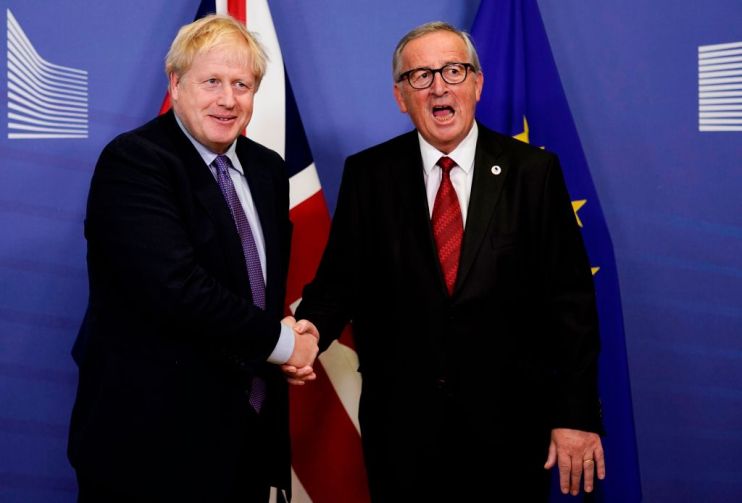The City’s success depends on our ability not only to compete, but to collaborate

Just last week, German Chancellor Angela Merkel remarked that the UK will join the likes of China and the US in becoming an “economic competitor” of the European Union after Brexit.
There is, of course, no doubt about the competitiveness of the UK’s financial services sector, nor about the fundamental strengths of London. But looking ahead at the common challenges that we face in the foreseeable future, our ability to collaborate will be just as important as our readiness to compete.
The EU and the UK will therefore need to remain close partners as we look to tackle shared challenges such as climate change and to promote regulatory cooperation across global markets – and this was the message at the heart of my visit to Brussels last week.
Whether it be our expertise in sustainable infrastructure or green bonds in a variety of global currencies, our recent research shows that the quality of London’s sustainable finance offer is still unmatched by any other global financial centre.
But our success does not exist in a vacuum. When it comes to building the regulatory framework for green finance, it is and will continue to be essential that London works closely with like-minded partners across the globe in order to avoid environmental catastrophe.
The launch of the Green Finance Institute earlier this year, with support from the City of London Corporation and the government, offers an opportunity for the UK and the EU to collaborate towards this goal after Brexit. It will combine the best knowledge and practice across financial services to mobilise capital to accelerate the transition to a zero-carbon and climate-resilient economy, both domestically and internationally.
With trillions of pounds of green investment needed over the coming decades, tackling this huge challenge will also require the help of key European stakeholders.
Green finance is just one of many issues where our mutual interests are aligned, whatever comes of Brexit. Just this week, the International Monetary Fund warned once again about the prospect of a global economic slowdown, and the role that trade disputes are playing in contributing to this.
We do not see the UK’s departure from the European Union as an excuse for a bonfire of regulation – indeed, quite the opposite. Close regulatory alignment with the EU will remain important in order to be able to continue to trade.
We have been clear that the City remains steadfastly committed to the multilateralist trading framework that we share with our partners across the world. Regulatory cooperation is vital for businesses and consumers to thrive, in the UK, the EU, and beyond.
This is more important than ever at a time when technology is making the world increasingly interconnected and changing the way that the financial services sector serves its customers. This was a point I raised with MEPs and third-country representatives in Brussels.
So whatever happens next, the UK mustn’t turn our backs on Europe – or the great shared challenges that we are confronted with. Only through working together do we have the opportunity to succeed.
Main image credit: Getty
